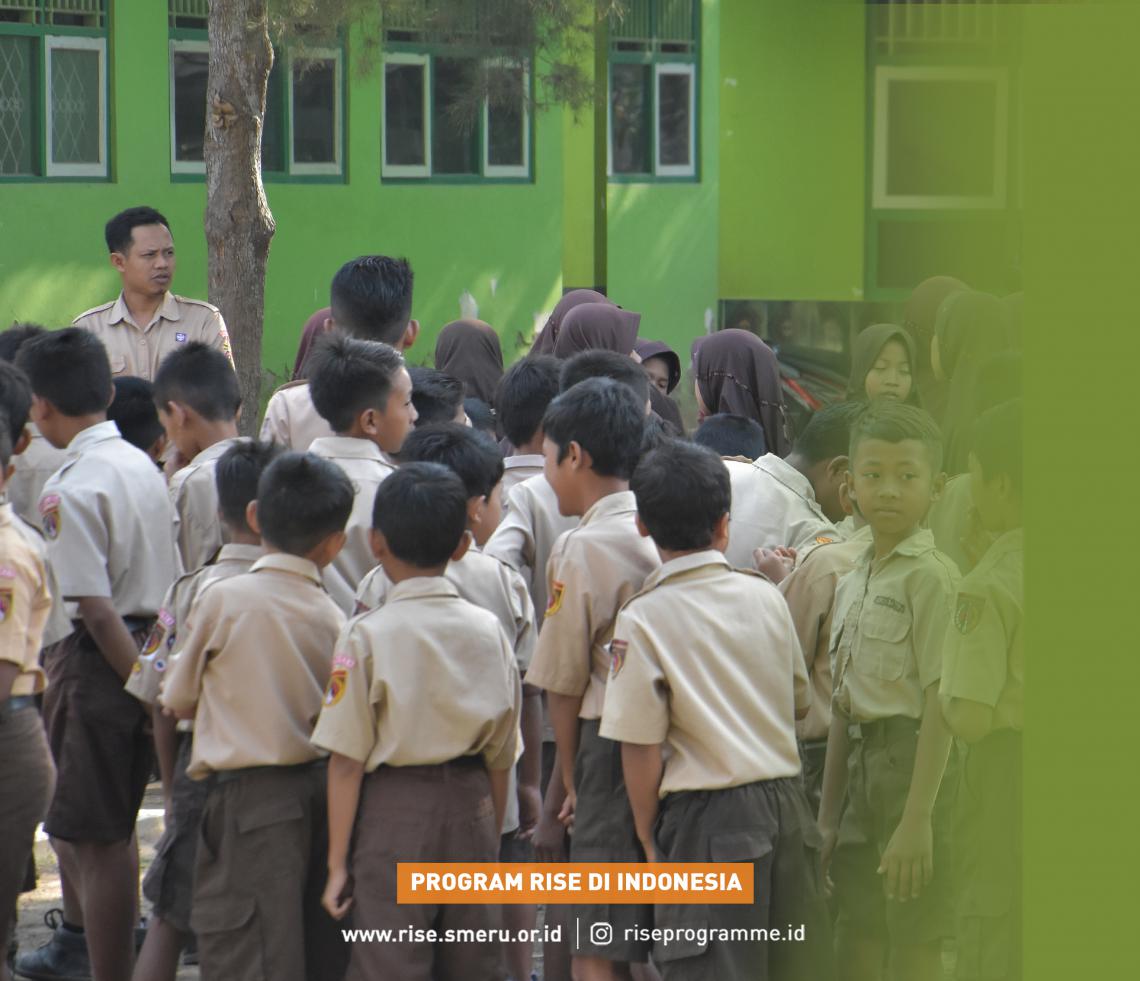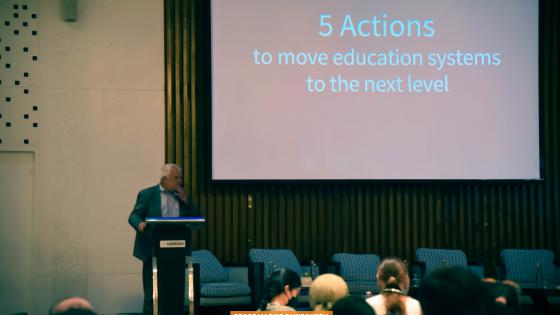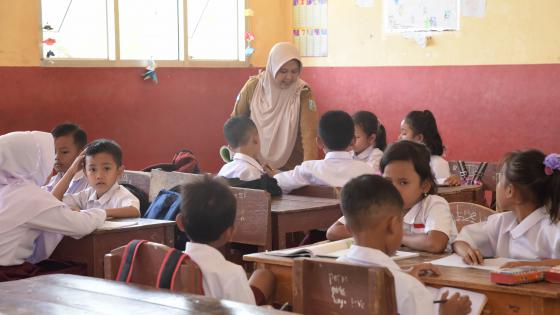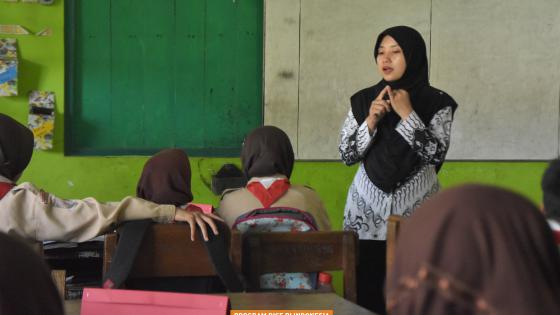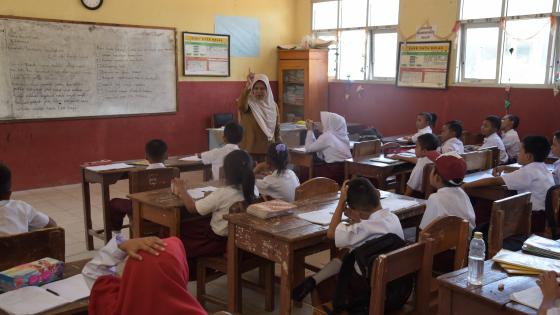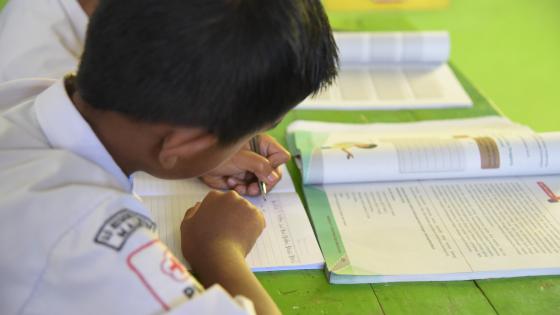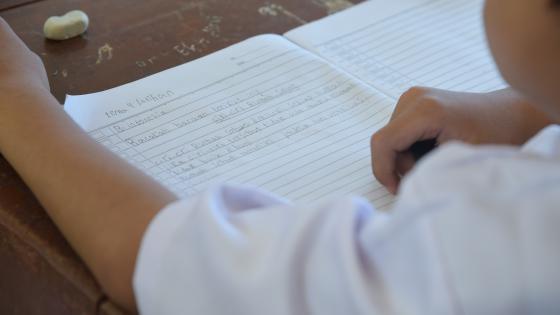Photo illustration: Tony Liong
This article is part of the Teachers' Notes series on the greatest challenge in teaching as a beginning teacher.
The second semester is nearly over. I hope, this time I can teach for a full school year.
Since I began teaching in 2016, I have never held a class for a full year because I was often assigned to different classes or needed to take a leave to join the Teacher Professional Education programme (PPG).
It was particularly a challenge for me because every year I had to get to know the students' different characters while teaching materials to different classes. However, it brought a positive impact for me as I could get enough experience teaching different classes despite not completing a full year.
Since graduating from the PPG programme, I often apply group discussions, practices, and presentations of what was discussed or practiced during learning. I think group discussions can train students to be brave in expressing their opinions.
It is undeniable that some children prefer to play with the same friends. Therefore, I often switch the group members so that the students would socialise more with their classmates.
Every so often I ask students to present the results of their discussions or practise assignments to the class. The goal is for them to be more confident when speaking in front of many people. I also hope these discussions and presentations would make students more active in class, preventing one-sided learning from the teacher.
The problem I encounter in applying such a method is only a few students actively asking questions to the group presenting. To create a lively discussion, I would first ask questions to the group who was presenting. In the next term, I might try other learning models, such as "jigsaw", which requires each student in the same group to understand different materials and then explain the material to other group members.
*This Note was written by WA, a primary school teacher in Central Java.
**All articles published in the Teachers' Notes are the views of the authors. They have been edited for popular writing purposes and do not represent the views of RISE Programme in Indonesia or RISE's funders.

